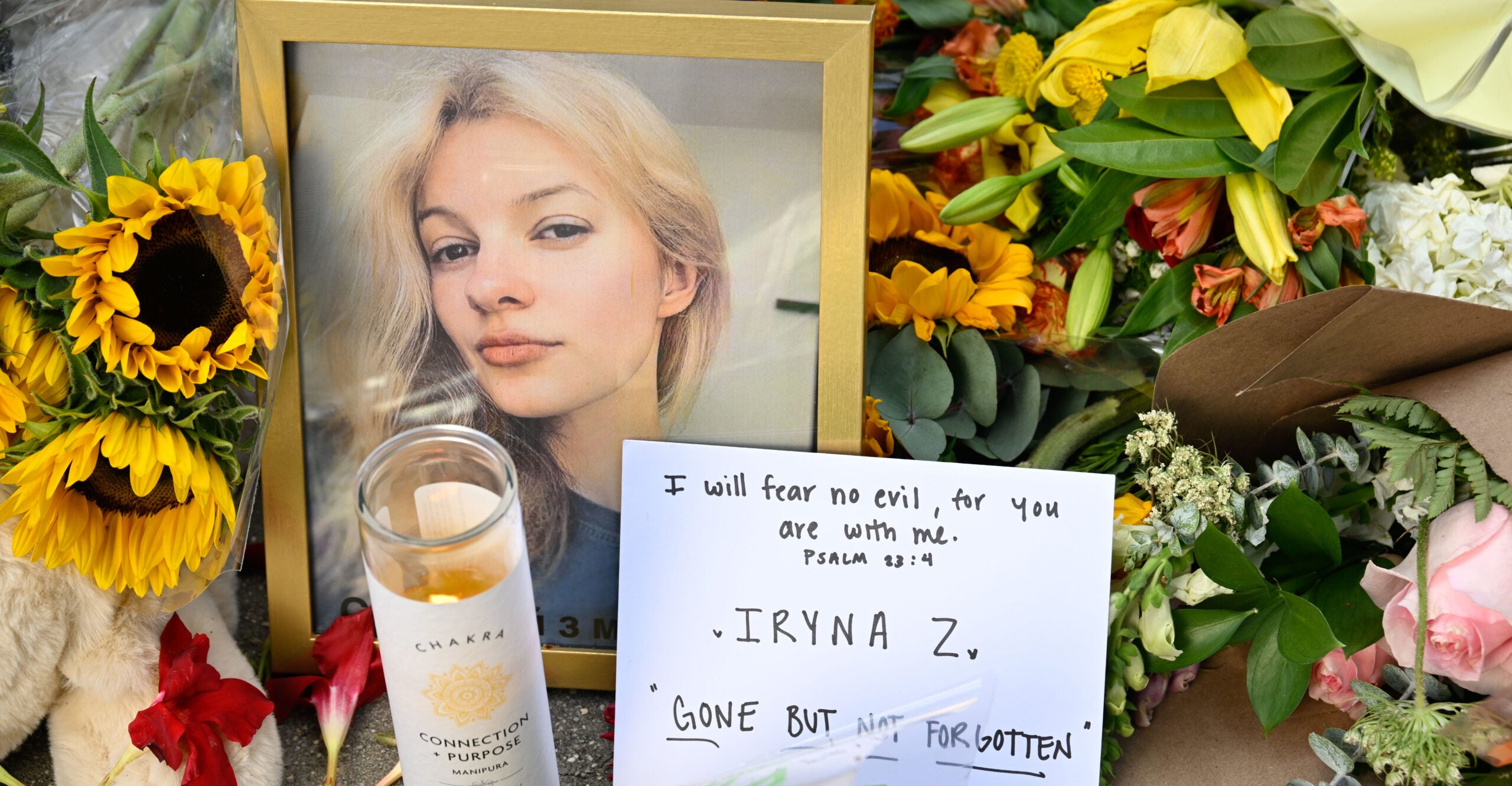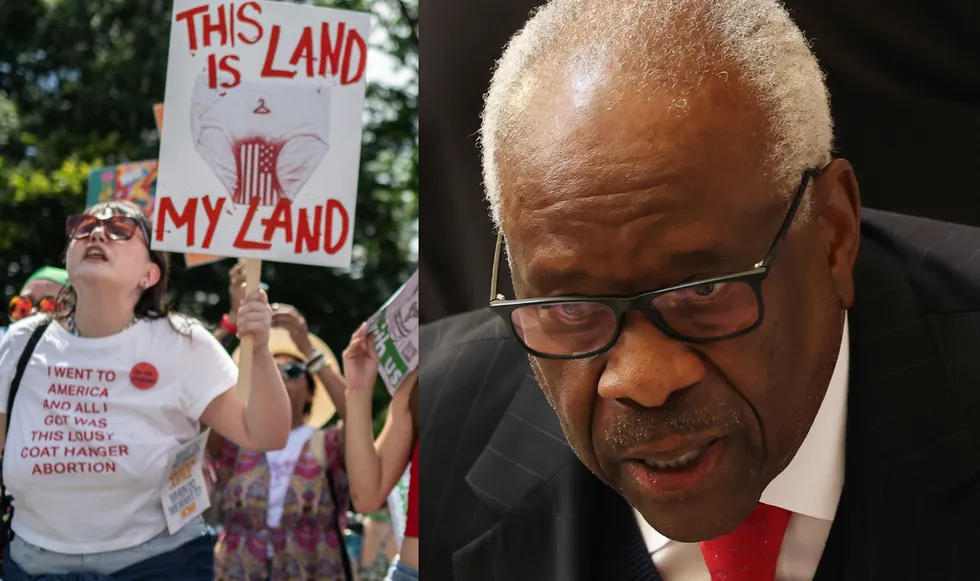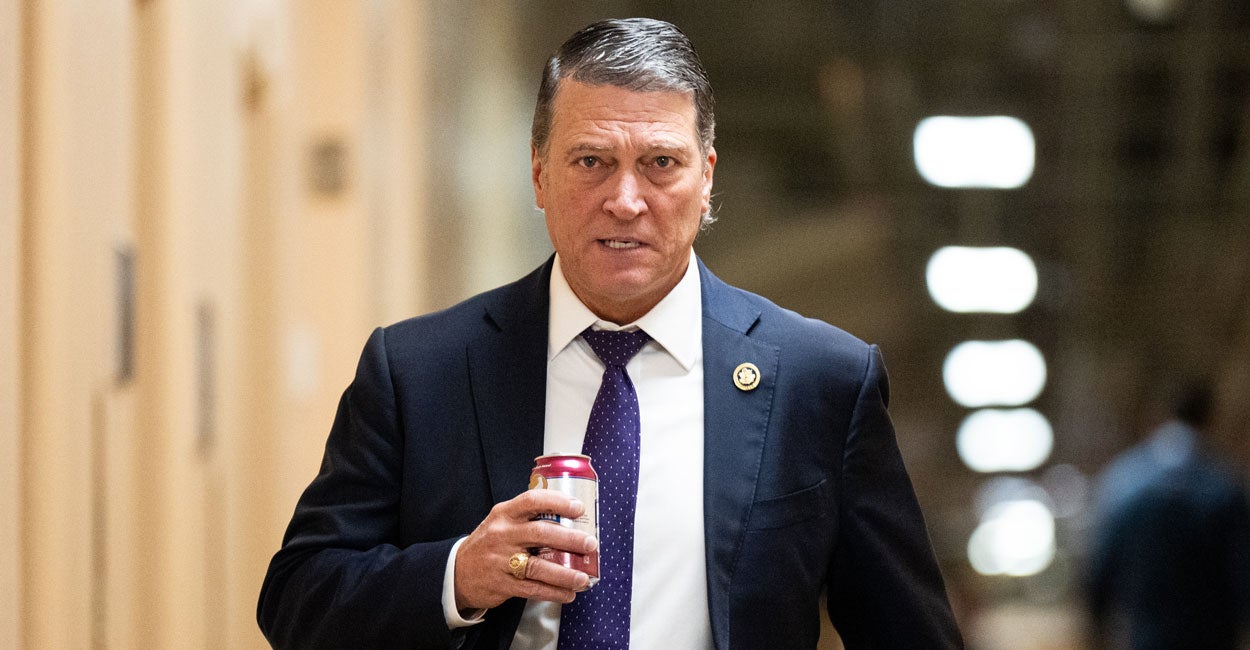How Joe Rogan dismantled the Big Bang with one sentence — and made atheists squirm
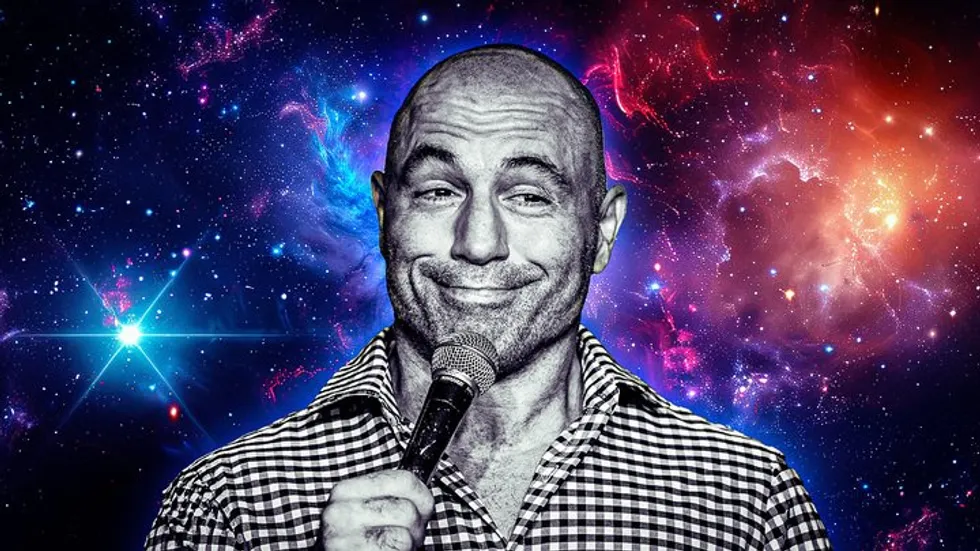
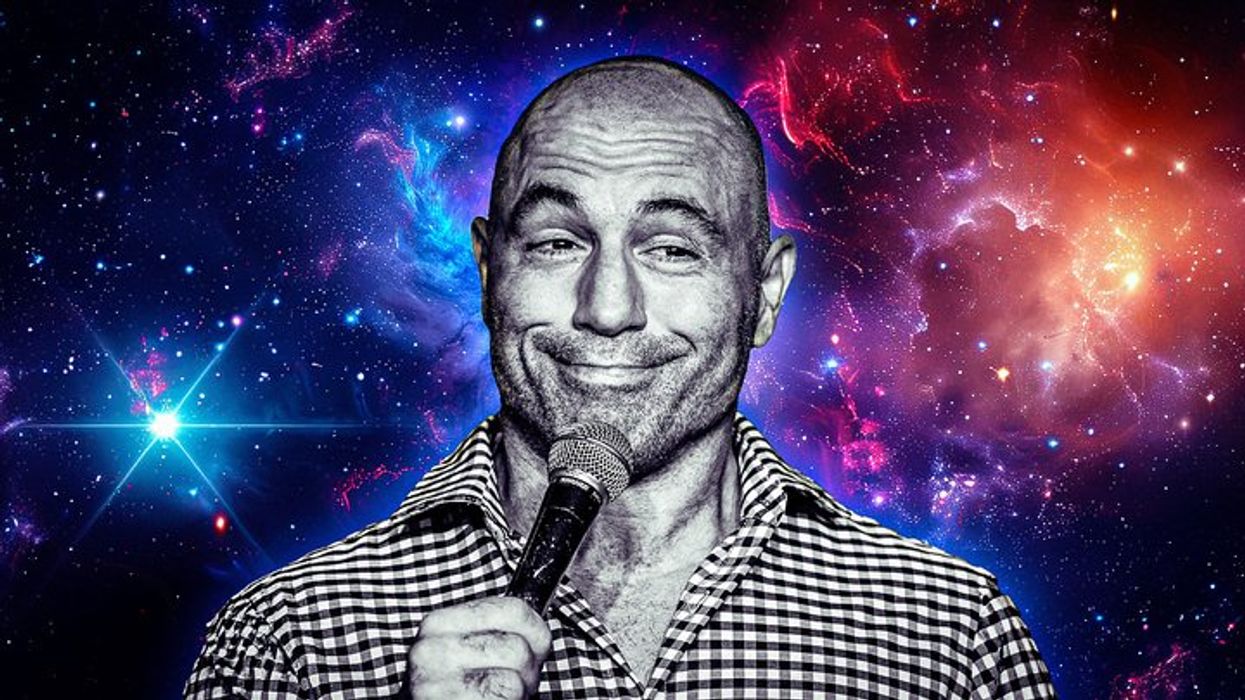
Many people sneer at Christ's resurrection yet swallow the Big Bang whole. This odd fact is not lost on Joe Rogan.
On a recent episode of his podcast, the modern-day Renaissance man delivered one of those offhand remarks that stick.
There's a hunger again for something real and permanent, something that won’t update to Version 2.0 in six months.
“People will be incredulous about the resurrection of Jesus Christ,” he said, "yet they're convinced that the entire universe was smaller than the head of a pin, and for no reason that anybody's adequately explained to me ... instantaneously became everything?”
It wasn’t a sermon or even a statement of belief. It was, however, a reminder of how absurd “rational” ideas can sound when you say them out loud.
But these are the times we live in, where absurdity reigns supreme. What used to be “God said, ‘Let there be light’” is now “A singularity inflated with no cause.” Same mystery. Same unprovable leap. But only one gets you mocked at dinner parties. Physics hasn’t given us a grand unifying theory. It hasn’t solved consciousness. It hasn’t even explained gravity properly. String theory, dark matter, and multiverses aren’t answers. They’re sci-fi with equations. Quantum mechanics can predict probabilities but not causes. Cosmology plays with infinities it can’t test.
Somehow, we’re expected to accept all this on trust — you know, because it’s peer-reviewed.
The James Webb Telescope can show us light from 13 billion years ago, but not what happens when a human dies. It can zoom in on galaxies, but not on meaning. It dazzles, but it doesn’t deliver. Not really.
And evolutionary biology? Bret Weinstein tries to use it to explain awe, sacredness, and communion.
On Tucker Carlson’s show, Weinstein tried to use natural selection to make sense of the supernatural. But it didn’t work. He squirmed, stalled, and face-planted. Because, after all, the soul isn’t an adaptation, and meaning isn’t a side effect. Moreover, he repeatedly leaned on the law of parsimony — the idea that the simplest explanation is usually right — to explain why humans seek God and kneel before things we can’t quantify.
Weinstein, who seems like a nice enough fellow, seems to forget that wonder isn’t something you pin down with logic — it’s something that pins you.
Try using Darwin to explain why a man drives six hours just to sit in silence next to his brother, who’s falling apart; or why a man stays with his wife after the third miscarriage; or why a parent gives up a kidney to a child who may not survive the year. You can’t, because you can’t chart love, loyalty, or devotion on a fitness curve. You can’t explain self-sacrifice in terms of gene preservation and expect to be taken seriously by anyone who’s actually suffered.
When belief is banished, substitutes always appear: simulation theory, the multiverse, and emerging properties. “We might be living in a video game” isn’t edgy; it’s just spirituality with training wheels.
I'll go one step farther: Atheism doesn’t exist.
The reason why is obvious: Everyone worships something. There’s no such thing as not believing. There are just new liturgies, new gods, and new robes. For some, it’s “The Science” or transgenderism and the supposed fluidity of biology. For others, it’s a black hole spinning at the galaxy's center, speaking a language no human will ever understand.
But don’t call it faith — because faith is for peasants. This is “science.” This is “truth.” This is "reality."
That’s the fashion now, or at least, it was — until very recently.
Something is shifting. Young people across America — yes, even in blue cities — are starting to look past the algorithms and the nihilism. They’ve seen what secular modernity has to offer: sex with no intimacy, food with no nutrition, careers with no meaning, bodies with no spirit. The dopamine hits don’t land like they used to. The apps offer nothing of substance. The rituals of progress — DEI seminars, TikTok therapy, oat milk lattes — can’t fill the aching void.
So they’re turning back. Not to politics or to self-help, but to Christ. It’s happening — quietly and organically. Bible study groups are forming in places that once would have mocked them. Churches are filling — some of them ancient and beautiful, others run-down and barely lit.
There’s a hunger again for something real and permanent, something that won’t update to Version 2.0 in six months.
You see it with the 20-somethings, many of whom are porn-poisoned, fatherless, medicated, and highly anxious. Now, they're clutching Bibles like they are lifesavers. And for many, they are. They’ve tried everything else. Everything Silicon Valley sold them. Everything academia promised. Everything the New York Times said would liberate them.
Science gave them information, but not wisdom. Progress gave them speed, but not direction. Screens gave them access, but not intimacy. The brain was fed. The heart, however, was starved.
Now, after all that progress, they’re lonelier than ever — with more therapists than priests, more diagnoses than confessions, more likes than love. But now they're coming home because what people want isn’t more clever "laws" or overly complex jargon. They want connection and transcendence.
No particle accelerator will ever deliver that.
Originally Published at Daily Wire, Daily Signal, or The Blaze
What's Your Reaction?
 Like
0
Like
0
 Dislike
0
Dislike
0
 Love
0
Love
0
 Funny
0
Funny
0
 Angry
0
Angry
0
 Sad
0
Sad
0
 Wow
0
Wow
0




